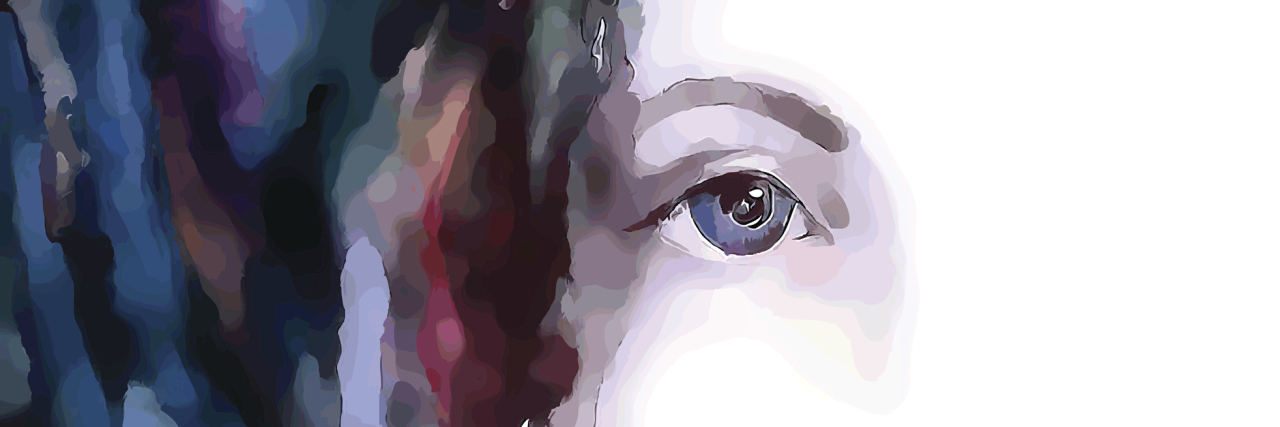In the years before I was diagnosed with social anxiety, I knew what was happening but was too nervous to go to a psychiatrist. I had known since I was a child that I was more cautious than others. If my brother broke a rule, I was always worried about getting in trouble and inevitably ended up crying so hard that I would throw up. I liked having friends, but deviating from a routine made me anxious (again repeating the cycle of crying so hard I threw up) that I rarely agreed to spontaneous playdates.
As I got older, it became easier to hide how upset speaking to new people, breaking routines or trying new things made me. When you age and gain independence, people assume you are doing what you want to do. I could say “no” to plans without it looking weird, and began to spend less time with other people due to the anxiety it would cause. Spontaneous plans often resulted in me having a panic attack — I would get stressed about people not being punctual.
I had to look up menus before going to restaurants so I could know exactly what to order. I was always 20 minutes early. I rehearsed conversations in my head, and began emailing teachers instead of asking them questions in person.
To reduce my anxiety and the number of panic attacks I had, I began to minimize the amount of social interactions I experienced. Things I couldn’t avoid completely, I rehearsed. I would plan topics of conversation the night before going to school, and keep notes on my phone of things my friends thought were funny so I could plan what I deemed to be “successful” conversations.
Avoidance and planning. At the time, it seemed like a solution to my anxiety. However for me, the benefits of these strategies were short-lived. My social anxiety, as untreated anxiety disorders tend to, morphed into something else. As the situations and thoughts that triggered my anxiety changed, my “coping” strategies became more extreme, and eventually I realized I had to seek medical help.
Being diagnosed with social anxiety disorder was a relief, and therapy for it has been part of my life for the past few years. Although it is still a struggle, I am now equipped with actual coping strategies from cognitive behavioral therapy. I can go about my life and participate in everything I want to while challenging and managing my anxiety levels as needed.
Avoidance is no longer a part of my daily routine.
We want to hear your story. Become a Mighty contributor here.
Getty Images photo via ruddy_ok

